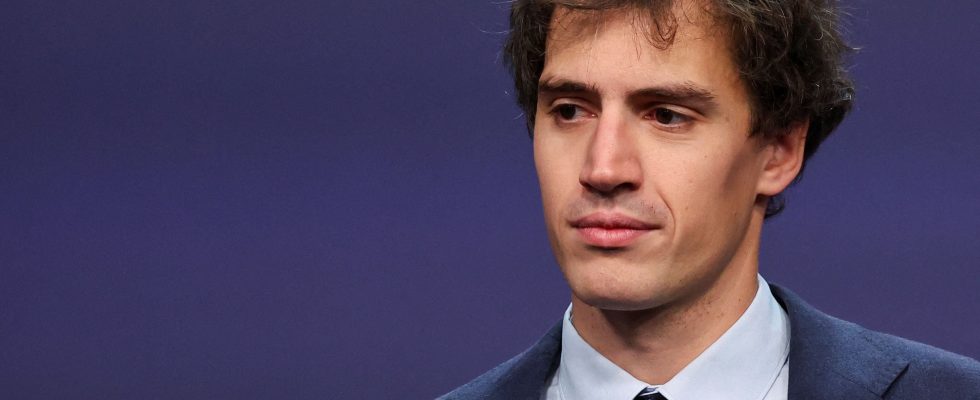A nasty joke has been circulating for years about European tech. “In the United States, they have the GAFA. In China, the BATX. We have the GDPR.” Understand that the United States has tech champions (Google, Apple, Amazon, Facebook), China too (Baidu, Alibaba, Tencent and Xiaomi) when Europe has nothing else to stand for. comfort that its data regulations. With the era of generative AI, Europe will perhaps silence caustic minds.
Certainly, it is still the EU which is first to draw up regulations for artificial intelligence. After intense negotiations, the Brussels trilogue (Council, Parliament, Commission) reached an agreement on this text called AI Act on December 8. For once, however, regulation is not the only significant news in this technological sector. The French Mistral AI announced this Monday, December 11 that it had completed a second large-scale fundraising (385 million euros). A round of financing which propels it into the club of “unicorns” these start-ups valued at more than a billion dollars. Mistral’s crazy trajectory shows to what extent in AI, more than anywhere else, talent is key.
Europe, a surprising pool of talent in AI
The company was only created last May and did not yet have anything very concrete to show when it was first raised in June. Which did not prevent him from raising an exceptionally high amount at this stage already in the spring (105 million euros). Money put to good use. In a short period of time, Mistral succeeded in creating a first large language model (Mistral 7B) and this weekend it has unveiled a second one, more efficient and more efficient, called Mixtral 8X7B.
Another rising star in European artificial intelligence, the German Aleph Alpha, also achieved a record fundraising this year (466 million euros). Created in 2019, the start-up specializes in AI in business (research tools based on company data, drafting of financial reports, etc.). And they are not the only Europeans to have done well in AI this year: Helsing AI achieved a funding round of 222 million euros, DeepL 100 million and Accenta 116 million euros.
The good news in this intelligence race is that Europe does not lack gray matter. As pointed out by State of European Tech 2023 from the Atomico fund, “with 108,000 artificial intelligence professionals, Europe today has more AI talent than the United States (87,000)”. For its AI champions to seriously compete with those of the United States, Europe must still meet a challenge, that of financing: American start-ups have a 40% greater chance of succeeding in obtaining capital financing. -risk within five years following their creation. The European scene is nevertheless progressing. Despite the brutal cold spell affecting global tech, it found a way to post its third best year in terms of fundraising. A great performance to be largely attributed to this new Europe of AI.
